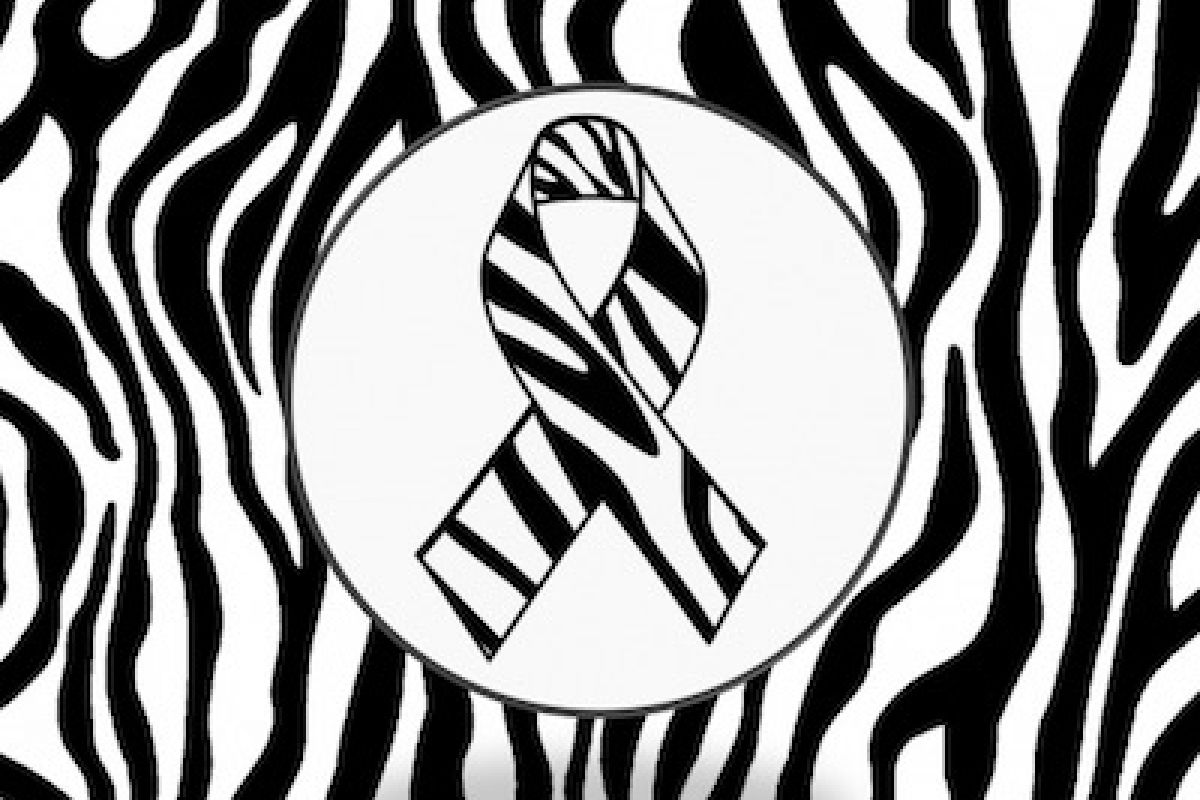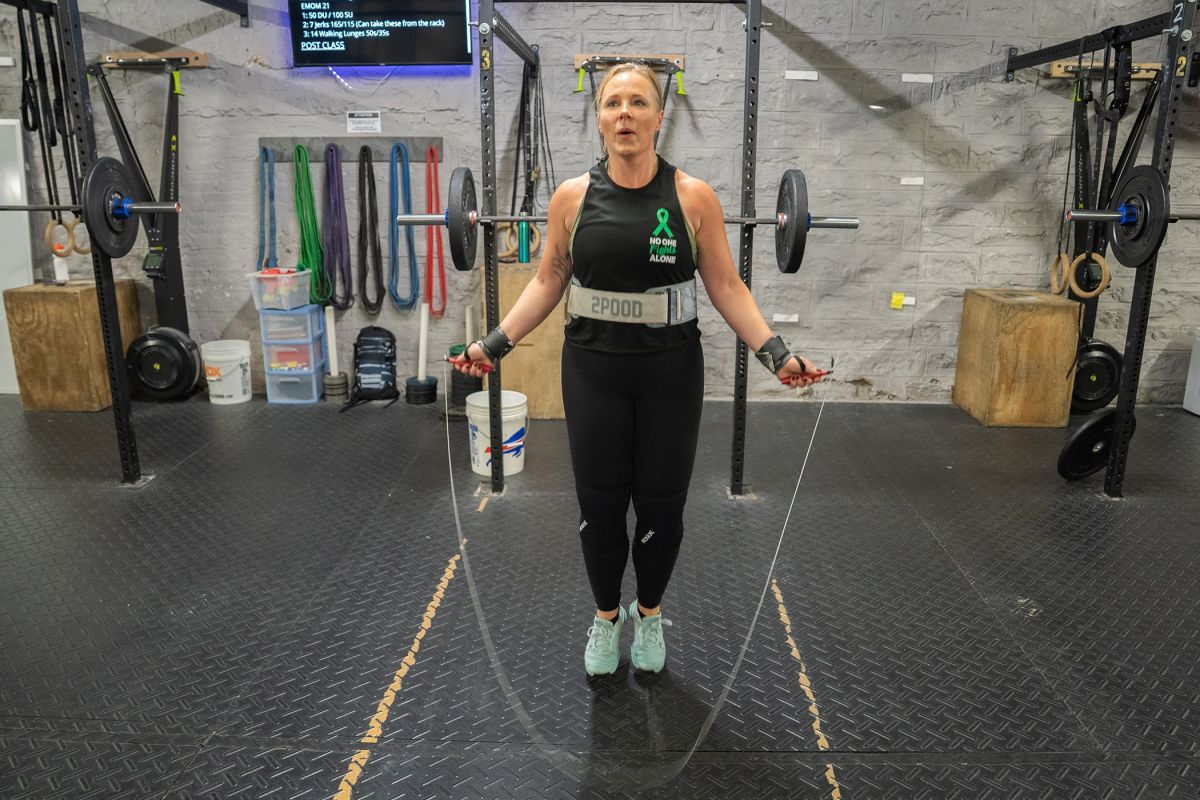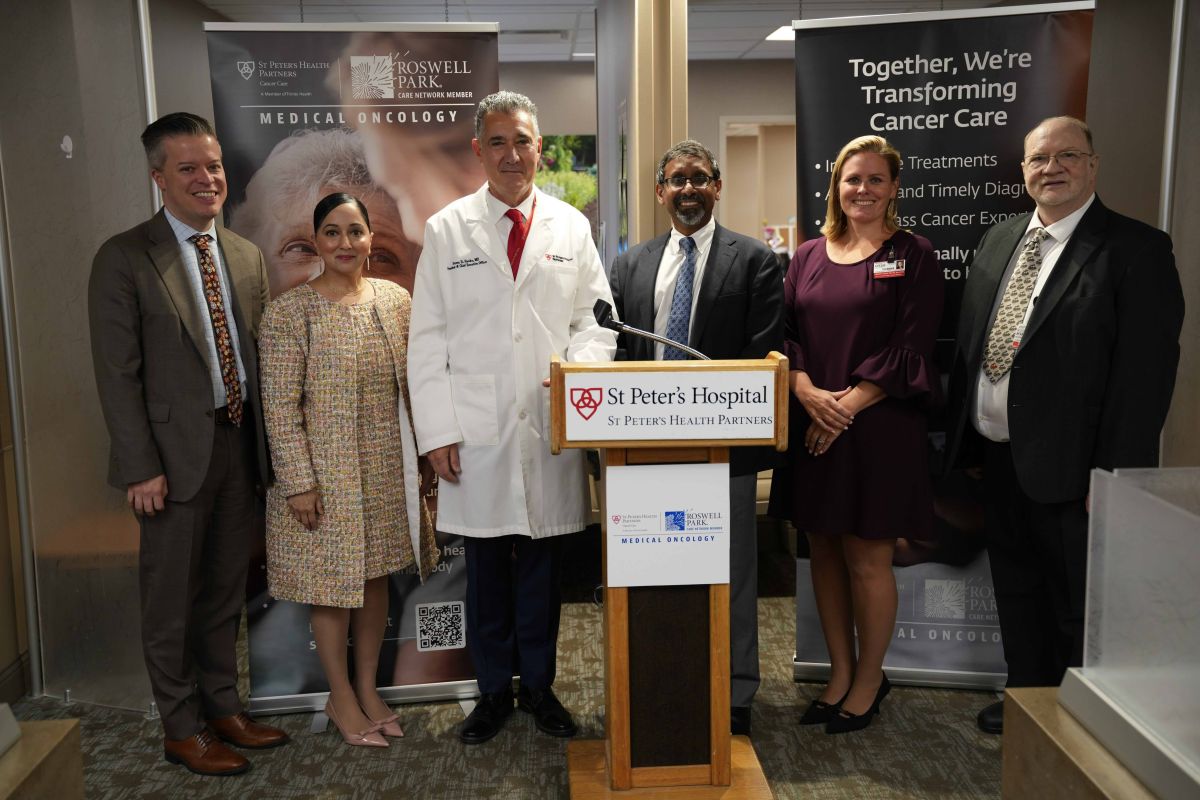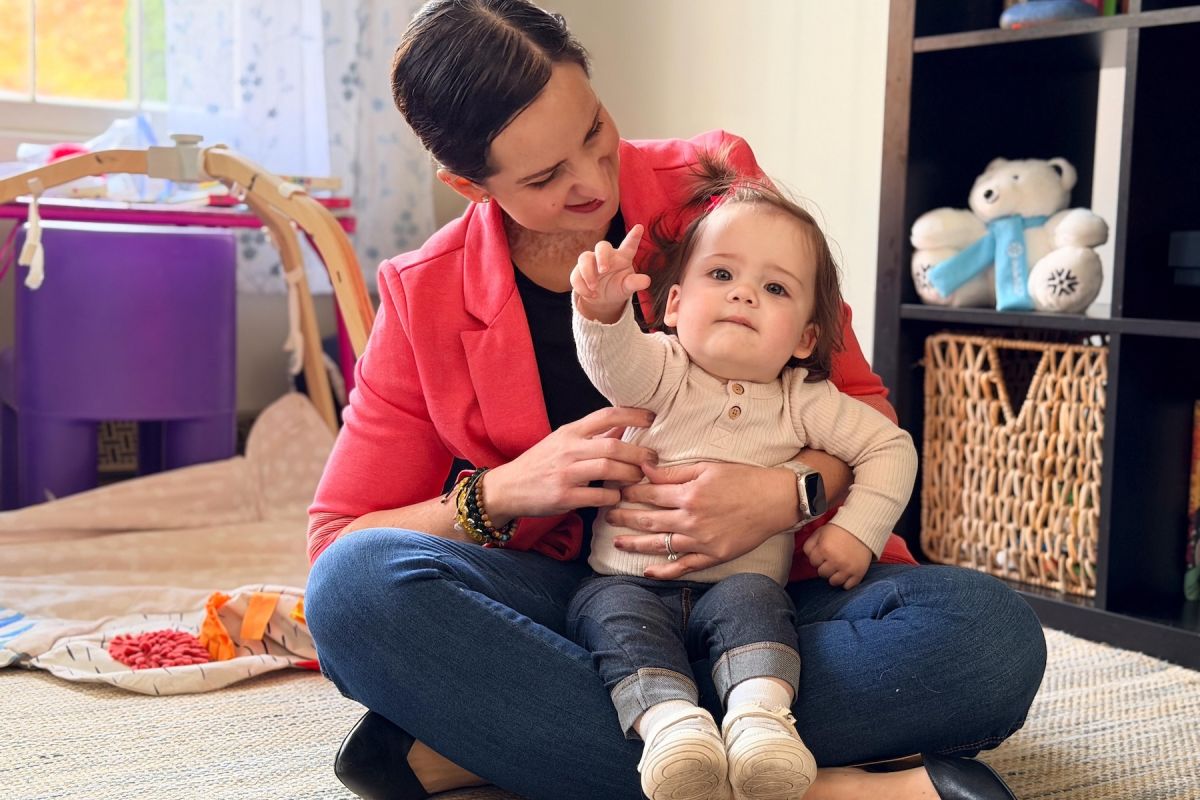Article
New program aims to ease “financial toxicity” for cancer patients
Article
How are neuroendocrine tumors diagnosed?
News
Exercise Boosts Recovery for Stem Cell Transplant Patients
Article
How a 10-minute screening may have saved my life
News
Roswell Park Experts Share Latest Hematology Research at 67th ASH Annual Meeting
Article
Early signs of stomach cancer
News
Roswell Park Care Network Expands to Albany in Collaboration with St. Peter’s Health Partners
Article
Make sure your health insurance plan includes the cancer care you need
Article








